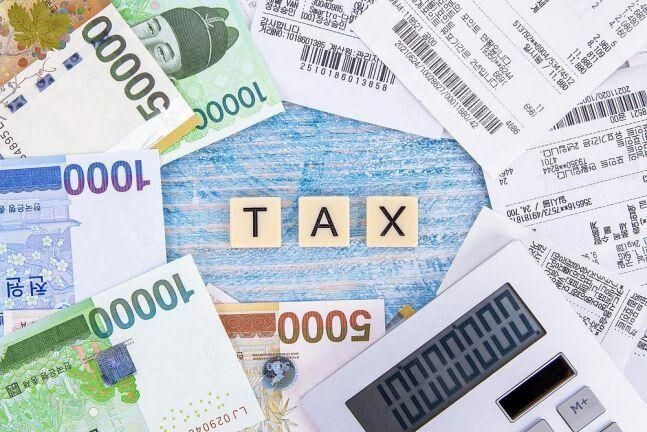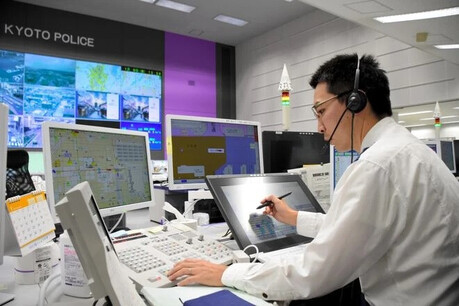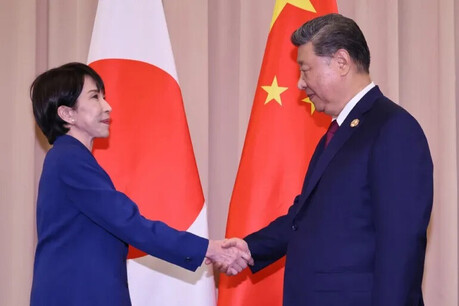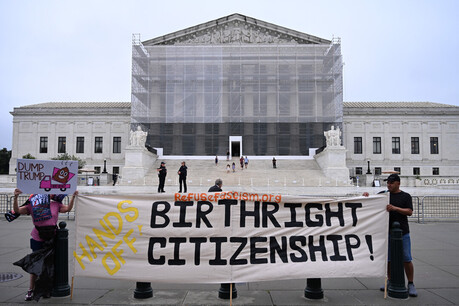
Seoul, South Korea – The South Korean government has unveiled a series of tax breaks aimed at boosting the nation's birthrate, alleviating housing costs for low-income families, and providing additional support for people with disabilities and veterans. The Ministry of the Interior and Safety announced on Monday that these changes will take effect from January 1st, 2024.
A key focus of the new policy is to encourage more couples to have children. Starting next year, the definition of a multi-child family will be adjusted to include households with two or more children under the age of 18. This change will make families with two children eligible for a 50% reduction in automobile acquisition tax. Families with three or more children will continue to receive a 100% exemption.
To further support families, the government will fully exempt all childcare facilities, regardless of whether they are publicly or privately operated, from acquisition and property taxes.
In an effort to ease the housing burden for low-income individuals, the government will provide a 3 million won tax exemption for first-time homebuyers of small houses, excluding apartments. Additionally, individuals who previously rented small or low-cost homes and subsequently purchased them will be eligible for a 2 million won tax exemption when purchasing a new home.
For individuals with disabilities and veterans, the government has extended the 100% exemption on automobile acquisition and annual road taxes for another three years. Despite initial plans to reduce the discount rate for advance annual road tax payments to 3%, the government has decided to maintain the current rate of 5%.
"These revisions are centered around overcoming the low birthrate, ensuring the safety and well-being of citizens, revitalizing the local economy, and protecting and improving taxpayers' rights," said Hansoon Ki, Director-General of the Local Finance and Economy Bureau at the Ministry of the Interior and Safety. "We will collaborate with local governments to ensure that everyone can benefit from these measures."
The new policies are expected to stimulate the economy, particularly in the housing and automotive sectors, while also addressing pressing social issues such as the declining birthrate and the challenges faced by vulnerable groups.
[Copyright (c) Global Economic Times. All Rights Reserved.]





























